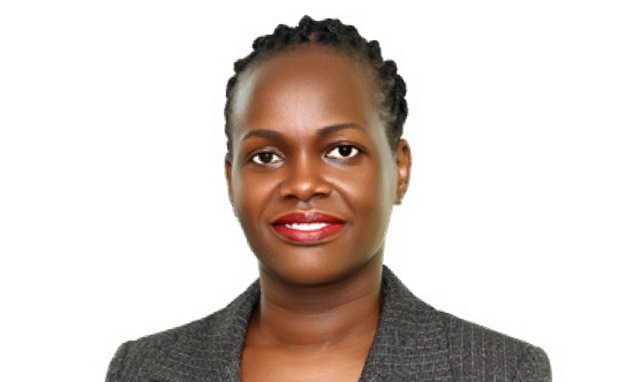
Kampala, Uganda | THE INDEPENDENT | Uganda Development Bank’s investments resulted into the creation of more than 400 additional jobs, bringing the total to 51,841 last year, underscoring the lender’s contribution towards transforming people’s lives.
According to UDB’s latest Development Impact Report, titled “Transforming Lives: The Role of UDB in Driving Socio-Economic Transformation in Uganda,” permanent positions accounted for 41.21% of these new jobs, while temporary roles – primarily in the agriculture sector – comprised 58.78%.
The agriculture sector alone contributed 12,633 temporary positions, underscoring the seasonal nature of farming activities.
Youth have been the primary beneficiaries of these employment opportunities, securing 64% of the new and sustained jobs. Women represent 27% of the workforce, and persons with disabilities (PWDs) hold 0.25% of these roles.
The report highlights UDB’s efforts to enhance gender inclusion, noting that women now hold 13,727 jobs and represent 39% of the shareholding – a notable increase from 27% the previous year. Furthermore, women occupy 43% of senior management roles, up from 37% in 2022, while PWDs hold 130 jobs.
Enterprises recorded profit growth
Financially, enterprises supported by UDB saw a remarkable increase in profitability, with a combined total surpassing Shs869.05 billion in 2023. Profit margins varied across sectors, with the health and primary agriculture sectors demonstrating higher profitability compared to tourism and hospitality. These enterprises contributed approximately Shs236.08 billion in direct domestic taxes, accounting for about 1.43% of the national total. The manufacturing sector led tax contributions at 47%, followed by agro-processing at 27.9%, and primary agriculture at 15.0%.
The report also reveals a 47% rise in export earnings from locally produced goods, increasing from Shs649 billion to Shs953 billion. This growth is attributed to enhanced production in the manufacturing and agro-processing sectors, with key markets including East African Community (EAC) countries, COMESA, the EU, and the UAE. UDB’s support for local industries is further demonstrated by the fact that 66% of raw materials used by funded enterprises were sourced domestically.
Patricia Ojangole, UDB’s Managing Director, said the bank is committed to Uganda’s sustainable economic development and regional trade.
She expressed gratitude to UDB’s customers and partners, emphasizing the bank’s dedication to transparency, continuous improvement, and impactful socio-economic transformation.
 The Independent Uganda: You get the Truth we Pay the Price
The Independent Uganda: You get the Truth we Pay the Price





